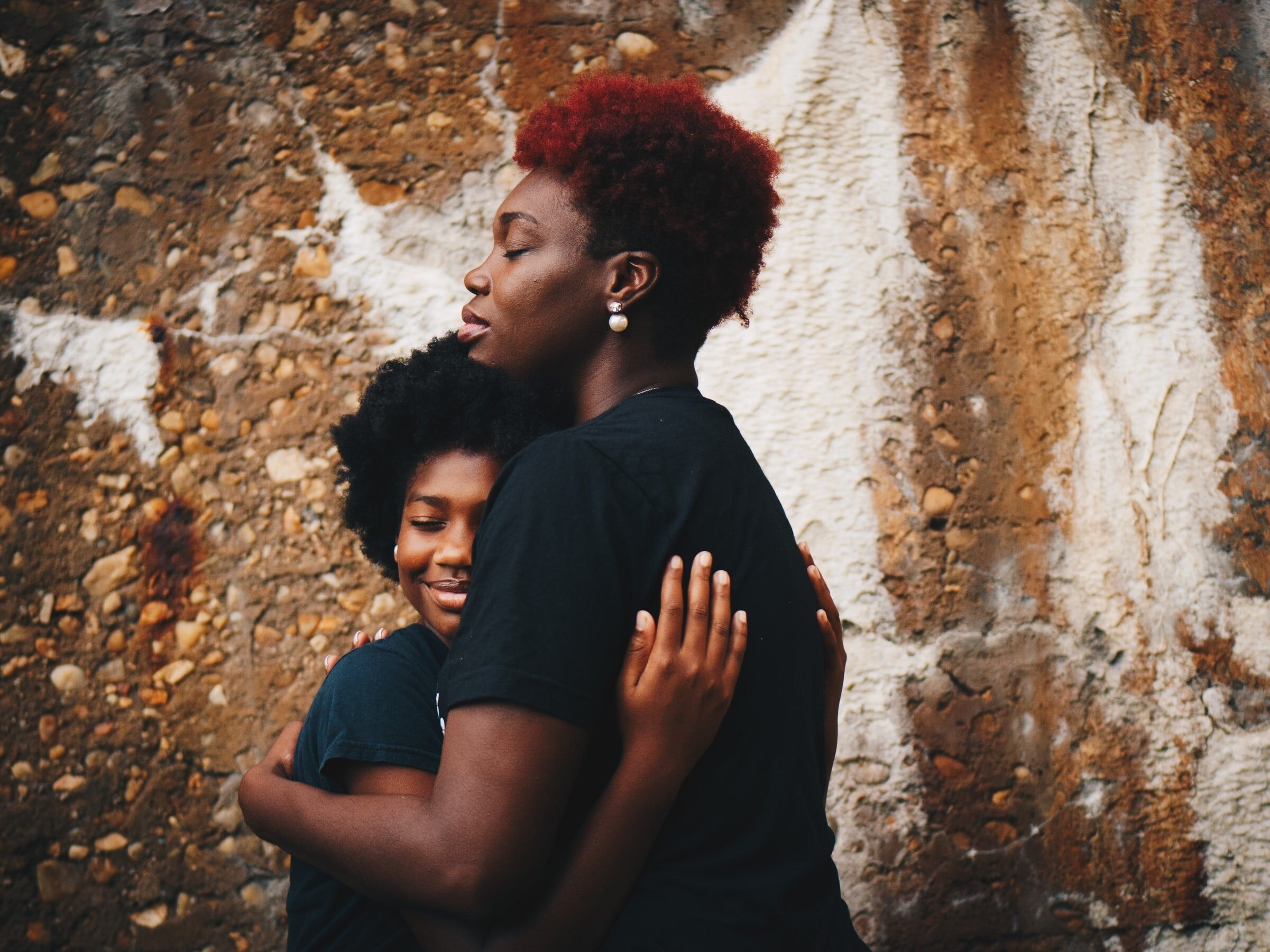Parenting Mistakes as Opportunities for Repair
I’ve been thinking about apologies lately, particularly in relation to parenting (although knowing how to apologize is a valuable skill in any kind of relationship). Many of us have known someone who apologizes so frequently that it feels meaningless. Most of us know what it’s like to feel hurt and have the person who hurt us never apologize or validate our experience.
When it comes to parenting, cultural messages can be confusing, and parents wonder if it’s okay to acknowledge their mistakes—“what happens if my child knows I messed up? Will they still respect me?” Apologizing can be hard, and scary, but I encourage you to do it anyways!
Here’s why: In any relationship, there will be ruptures—times when you forget something, misunderstand, react instead of listening or responding, say something that hurts the other person’s feelings, etc. These are inevitable; we try to avoid them, but they happen. What we do afterwards is so important and can cause further harm to the relationship or create an opportunity for repair, healing, and greater understanding.
Positive Discipline breaks the process of recovering from mistakes into the following steps, also known as the Four Rs of Recovery:
Recognize that you made a mistake: Share your part of the mistake with your child. (Avoid blame or guilt and focus on what you can learn from it.)
Responsibility: Be specific in taking responsibility for your part: "I yelled at you instead of telling you my feelings."
Reconcile: Apologize. Children are so forgiving when you let them know you are sorry.
Resolve by focusing on solutions: Brainstorm for an agreement that will be respectful to fix the problem or prevent it in the future such as: “I would appreciate your help finding a solution to this problem.”
So, let’s use the example of yelling at your child (most of us have been there). Instead of casting blame “If you would just listen to me I wouldn’t have to yell!” or ignoring the incident completely, let’s say you calm down and then go to your child and say “hey, I shouldn’t have yelled at you. I was feeling angry and I should have taken a deep breath or told you how I felt. Instead, I lost my temper. I’m sorry I yelled. Do you have any ideas about what we could do next time to avoid that situation? I could use your help thinking about it.” What would that feel like? Did anyone ever do that for you when you were young?
While it’s not your child’s responsibility to keep you from getting mad or manage your emotions, when the situation involves them (e.g. you asked them to clean their room five times and they kept playing video games), it can be helpful to engage in joint problem solving so that you can both handle the situation in a more respectful way the next time. Maybe you agree that chores will be completed before video games, or you’ll ask in a way that’s easier for them to hear. Maybe part of the plan involves taking a break when you start feeling overwhelmed. Your child may surprise you with their ideas!
In my opinion, skipping this process is a missed opportunity to teach valuable life skills and instill character traits such as empathy and responsibility. When you engage in the process you are teaching your child:
That people make mistakes and it’s okay—own them and try to do better next time
That they are important enough for you to take the time to apologize
That their feelings matter
That their opinions and ideas matter
Problem solving skills
How to maintain a healthy relationship and resolve conflict
What respect feels like and looks like
How to express feelings and needs in a healthy way…and so much more.
While you likely won’t get it right every time, each time you try you are deepening your connection with your child, communicating love and respect, and teaching them how to be caring and responsible humans.


